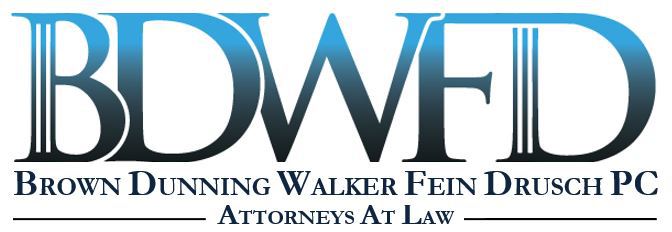Key Components of a Buy-Sell Agreement
If you are in a business partnership, planning for the unexpected is as essential as managing day-to-day operations. A buy-sell agreement is one of the most effective tools for safeguarding business continuity and avoiding costly disputes.
A buy-sell agreement is a legally binding contract that governs how ownership interests are transferred when a triggering event occurs, such as an owner’s death, disability, retirement, or voluntary departure. These agreements are prevalent in closely held corporations, partnerships, and LLCs, and they play a critical role in preventing unwanted third parties from acquiring an ownership stake.
Buy-sell agreements can be detailed and complicated. Well-drafted buy-sell agreements protect the business, the remaining owners, and the departing owner or their estate. Here is a look at the key components:
Triggering Events
These are specific situations that activate the buy-sell agreement. Common triggering events include:
- Death or permanent disability of an owner
- Retirement or voluntary exit
- Divorce, bankruptcy, or personal insolvency
- Involuntary transfers (e.g., court-ordered asset divisions)
- Owner misconduct or failure to meet obligations
Valuation Method
Determining the business’s fair market value is crucial for ensuring a fair transaction. Common methods include:
- Fixed price agreement. This is a predetermined value set by the owners, requiring periodic updates.
- Formula-based valuation. This method uses financial metrics like revenue, EBITDA (Earnings Before Interest, Taxes, Depreciation, and Amortization), or book value.
- Independent appraisal. A neutral business appraiser determines the value during the triggering event.
Funding Mechanism
The agreement should define how the buyout will be financed to avoid financial strain. Standard options include life insurance, installment payments, business cash reserves, and third-party financing.
Buyout Structure
The agreement specifies whether shares will be purchased by the business or co-owners. A cross-purchase agreement allows the remaining owners to buy out the departing owner’s shares directly. An entity redemption agreement is when the business itself buys back the shares.
Payment Terms
The buyout terms outline how payments will be structured:
- Lump-sum payment. Full payment at the time of transfer
- Installment payments. Payments over a period, often with interest
- Deferred payments. Delays the transaction until a triggering event occurs
Dispute Resolution
To prevent costly legal battles, a buy-sell agreement should include a process for handling disputes, such as:
- Mediation is a neutral third party that helps negotiate a resolution in advance of litigation.
- Arbitration is a private proceeding in which an arbitrator issues a binding decision. While arbitration can be faster and more flexible than litigation, it is often more expensive due to arbitrator and forum fees.
- Deadlock or Forced Buyout Clauses trigger a structured buyout if parties cannot agree, helping avoid prolonged stalemates.
Commercial & Business Law Attorneys on Your Side
At Brown Dunning Walker Fein Drusch, our commercial and business law attorneys help Colorado businesses design and implement comprehensive buy-sell agreements tailored to their unique goals. Whether you’re forming a new business partnership or updating an existing succession plan, we provide strategic legal guidance with a practical, business-first mindset.
Call us today at (303) 329-3363 to schedule a consultation or contact us online and secure your business’s future.

